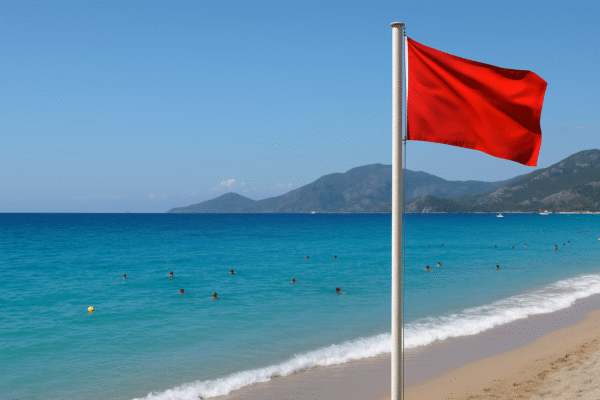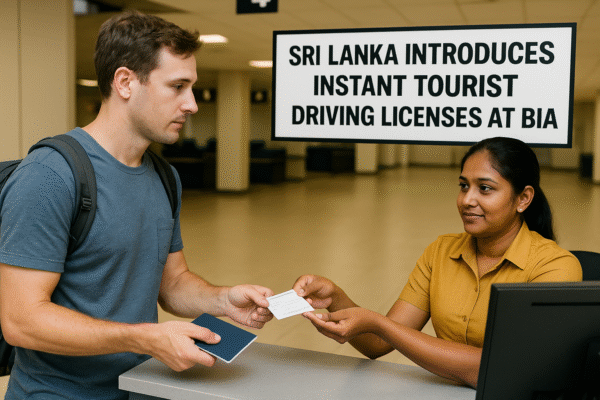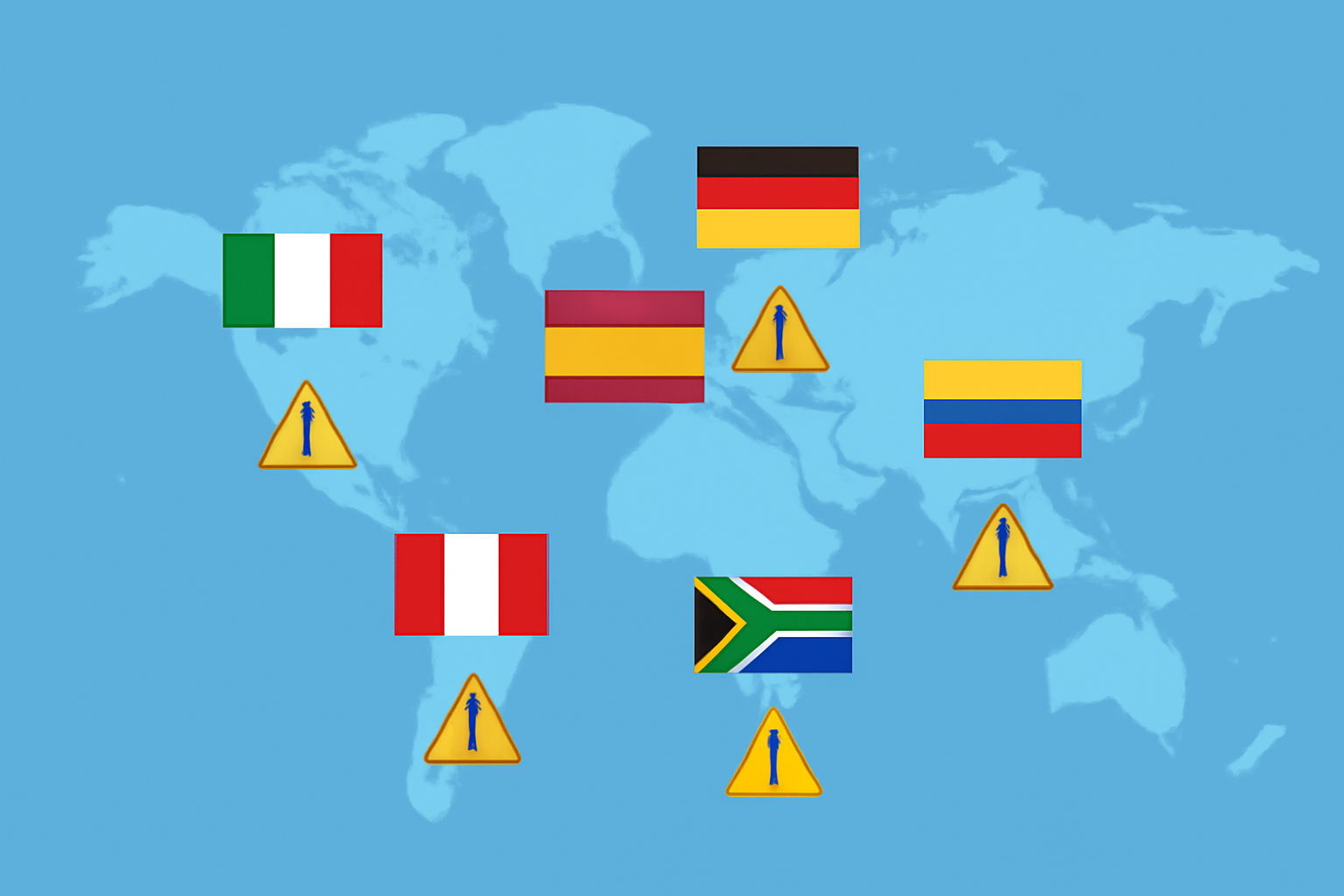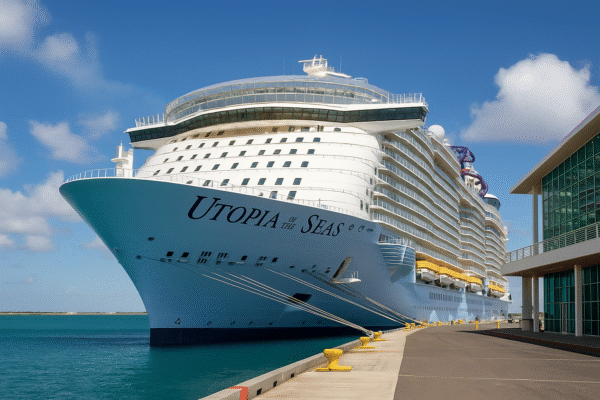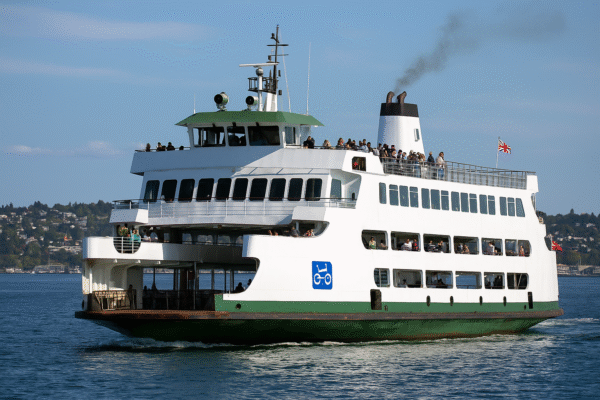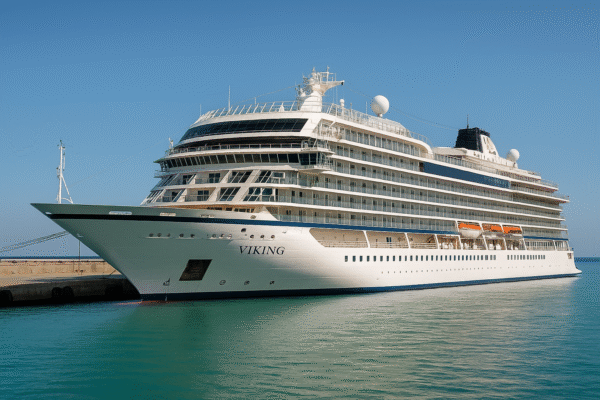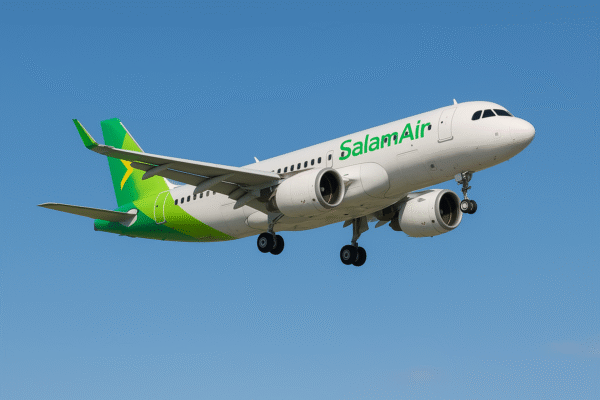Thailand remains one of the most sought-after travel destinations for global tourists in 2025, with its serene beaches, rich heritage, and vibrant urban life. However, both the U.S. Department of State and the Government of Canada have issued updated travel advisories cautioning citizens about specific risks in the country. While major destinations like Bangkok, Chiang Mai, Phuket, and Koh Samui continue to welcome millions of visitors, travelers are being advised to stay alert and informed, particularly regarding civil unrest and fraud.
🇺🇸 U.S. Government Advisory: Level 1 With Area-Specific Precautions
According to the U.S. Department of State, Thailand is currently listed under a Level 1: Exercise Normal Precautions. This level suggests that the country is generally safe for U.S. travelers, but there are localized regions experiencing instability—particularly in southern provinces like Yala, Pattani, and Narathiwat—where civil unrest has flared sporadically.
Although tourist hotspots are not directly affected, the U.S. Embassy in Bangkok urges Americans to:
- Stay updated on regional security developments
- Avoid protests and political gatherings
- Have an emergency contingency plan, including local embassy contact info
The U.S. advisory notes that assistance may be limited in conflict-prone regions, and travelers are encouraged to enroll in the Smart Traveler Enrollment Program (STEP) to receive real-time alerts.
🇨🇦 Canadian Advisory: High Level of Caution Recommended
The Canadian government echoes a similar message in its official advisory, encouraging travelers to Thailand to “exercise a high degree of caution.” The Canadian Embassy warns that ongoing political tensions, especially during election seasons and demonstrations, could escalate unpredictably.
Key advice from Global Affairs Canada includes:
- Remaining vigilant in crowded areas, including markets and transport hubs
- Monitoring local news for updates
- Using registered transportation and avoiding remote border zones
🧾 Rising Scam and Fraud Risks: What Tourists Should Watch Out For
As Thailand’s tourism rebounds in 2025, so too have scam operations, particularly in Bangkok and tourist-heavy areas like Patong Beach (Phuket) and Chaweng Beach (Koh Samui). The most frequently reported scams include:
- Credit card skimming at ATMs
- Fake travel agencies offering low-cost tours
- Overpriced tuk-tuk rides or gem store cons
To protect themselves, the U.S. Embassy advises travelers to:
- Use ATMs in secure, well-lit areas—preferably inside bank branches or major malls
- Use chip-enabled credit cards and monitor statements regularly
- Avoid deals that sound “too good to be true,” particularly from street vendors
Additionally, tourists should report suspicious incidents to local tourist police and the nearest embassy office.
📈 Thailand’s Popularity Among North American Tourists Remains Strong
Despite the advisories, Thailand continues to see strong visitor numbers from the U.S. and Canada in 2025. According to the Tourism Authority of Thailand (TAT), the country welcomed over 118,000 American visitors in the first half of the year—on pace to surpass pre-pandemic levels.
Popular destinations remain:
- Bangkok – For its cultural landmarks and culinary experiences
- Phuket – A gateway to beach resorts and island-hopping
- Chiang Mai – A hub for spiritual retreats and mountain adventures
- Koh Samui – Famous for wellness tourism and luxury beachfront stays
The Thai government has bolstered safety infrastructure, increasing tourist police patrols and upgrading surveillance in major tourist zones. Visitors are advised to stick to official tourist routes and avoid traveling alone at night in unfamiliar areas.
✈️ Entry and Health Requirements for U.S. and Canadian Travelers
As of July 2025, Thailand does not require proof of COVID-19 vaccination for entry. However, health insurance covering medical costs during your stay is highly recommended. Travel visas for stays under 30 days are exempted for both U.S. and Canadian passport holders, though extensions can be applied for through Thai immigration offices.
Travelers are advised to:
- Register their trip with the U.S. or Canadian embassy
- Keep digital copies of passports and health documents
- Understand Thai laws, especially concerning medication and behavior in religious sites
✅ Conclusion: Stay Informed, Travel Smart
Thailand remains a welcoming and exciting destination for international tourists, including those from the U.S. and Canada. While the 2025 travel advisories emphasize caution, particularly regarding localized unrest and scam activity, they should not deter well-prepared travelers from enjoying the country’s countless offerings.
With proper planning, awareness, and common-sense safety precautions, visitors can experience Thailand’s warm hospitality, culinary wonders, and unforgettable landscapes—safely and confidently.
For more travel news like this, keep reading Global Travel Wire



